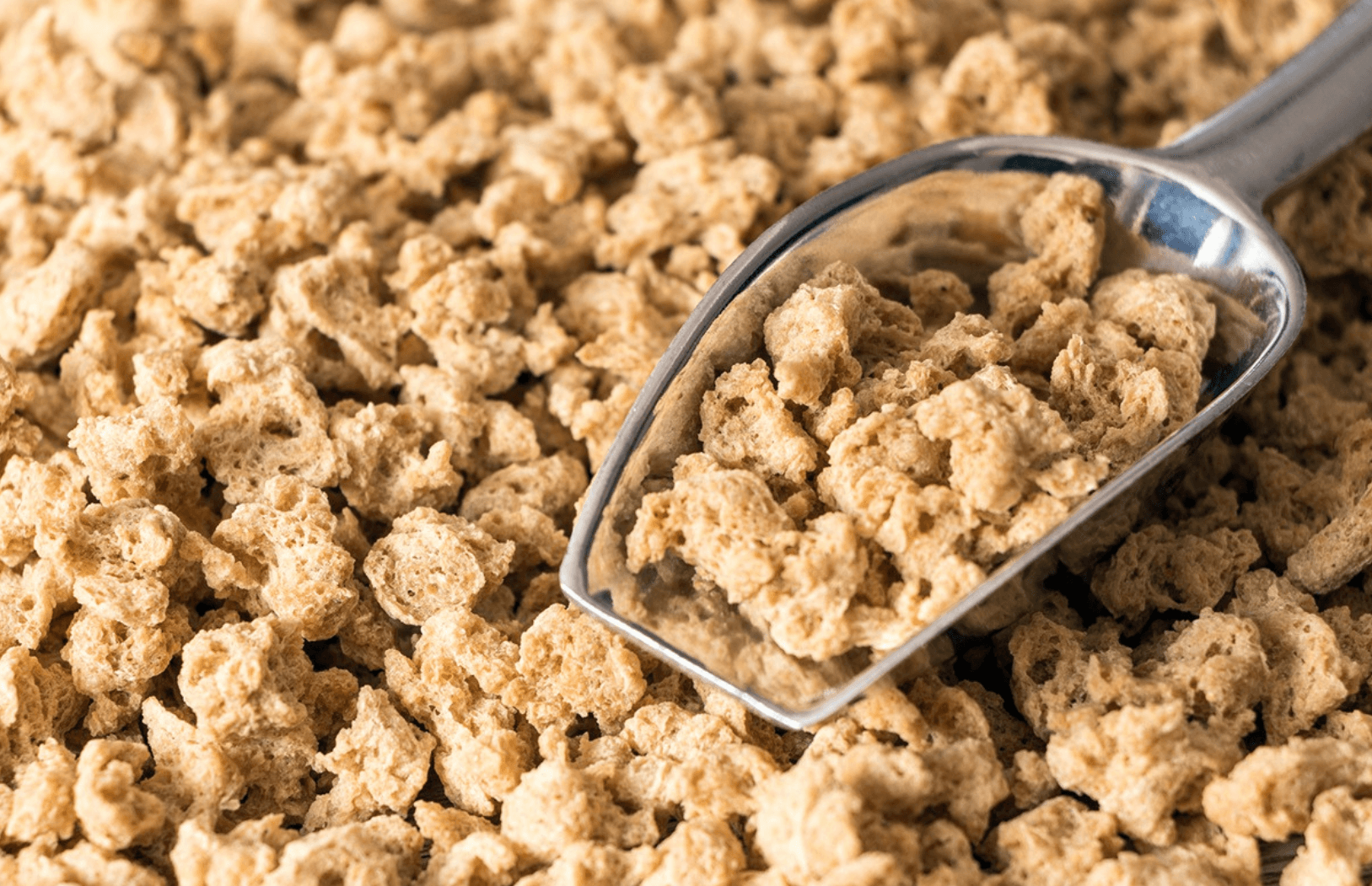Pentasure Hepatic in Milk vs Buttermilk: An Ayurvedic and Scientific Perspective
Both milk and buttermilk provide essential nutrients, but their impact on health can vary, particularly in the context of Ayurveda and modern science.
Milk and buttermilk have been cherished foods in Indian culture for centuries. They are not only used as beverages but are also significant ingredients in various dishes. Both milk and buttermilk provide essential nutrients, but their impact on health can vary, particularly in the context of Ayurveda and modern science. Let's see why -

Easier Digestion: Ayurveda considers buttermilk to be "laghu" (light) in nature, which means it is easier to digest. In contrast, milk is classified as "guru" (heavy), and it can be challenging for some people to digest due to its lactose content.
Cooling Effect: Milk and Buttermilk have a cooling effect on the body, making it particularly suitable for individuals with excess heat or "pitta" dosha. In Ayurveda, it is believed that an imbalance in doshas can lead to various health issues, and buttermilk helps balance these doshas.
Enhancing Digestive Fire: Buttermilk, when prepared with specific spices and herbs, can stimulate the "Agni" (digestive fire) and aid in the digestion of other foods consumed with it. Incorporating pippali can contribute to a lighter and less guru (heavy) experience.
It is important to note that buttermilk is not diluted yogurt. Ayurveda not only emphasizes the dilution factor but also the proper churning and sieving of buttermilk to remove butter fat before consumption. You can whisk diluted yogurt (1:2, 1:4, etc.) by hand and strain through a muslin cloth. Or, use a blender to churn it thoroughly and sieve through a tea strainer. Spices are added after removing the butter fat.
Scientific Perspective
Pentasure Hepatic Powder promotes liver health, preventing and treating conditions like hepatitis, hepatic encephalopathy, non-alcoholic steatohepatitis, and cirrhosis. I recommend it as a supplement for my patients' liver support. A few of my patients had lactose intolerance, a condition in which the body lacks the enzyme lactase needed to digest lactose, the sugar in milk. Buttermilk, conversely, is lower in lactose, making it more easily digestible for lactose-intolerant individuals. Research suggests that buttermilk is generally better tolerated by individuals with lactose intolerance.
Fat Content: The fat in milk can be difficult for some individuals to digest, while buttermilk is generally lower in fat as it is made by churning yogurt to remove the fat content.
Probiotic Benefits: Buttermilk is recognized as a valuable source of probiotics, such as Lactic Acid Bacteria (LAB), which contribute to gut health.
Cooling Effect: Scientifically, buttermilk's cooling effect can be explained by its lower fat content and the presence of lactic acid, which can help soothe the digestive tract and reduce heat-related discomfort.
Ayurveda and modern science support the idea that buttermilk is a better option than milk for many individuals. Buttermilk's easier digestibility, cooling effect, and probiotic benefits make it a valuable addition to a healthy diet. However, individual tolerance and preferences vary, so it's essential to consider your specific dietary needs.
To gain further insights into these concepts, consider registering for our webinar on Ayurveda food concepts and explore our Ayurveda dietetics course.
References:
A comparative study of the effects of buttermilk and yogurt in a high-fat diet on cardiovascular risk factors in rats. - Journal of Dairy Science, 2012.
Lactose intolerance and dairy avoidance among persons with lactose intolerance. - J Am Diet Assoc, 2009.
Probiotics: A comprehensive review of their classification, mode of action, and role in human nutrition" - Clinical Microbiology and Infection, 2013
Role of probiotics in human gut microbiome and its impact on gut-brain axis: A review." - Current Topics in Nutraceutical Research, 2020.
Effect of buttermilk processed with Triphala on Agni-Ayu, 2012
Effect of buttermilk on digestion strength" - Ayu, 2010.
International Environmental Education Day (January 26)
Jan 23, 2026
On International Environmental Education Day (January 26), we are reminded of a powerful truth: The future of our planet depends on what and how we teach today.
Read more
TDU VC Darshan Shankar pays tribute to Prof. Madhav Gadgil
Jan 9, 2026
Read more
Rethinking Periods: When Did Rest Become Restriction ?
Jan 8, 2026
Menstruation is one of the most natural processes of the female human body, yet it remains one of the most misunderstood. Across cultures-especially in India-it has been surrounded by silence, shame, and countless restrictions.
Read more
When a Baby Cries, the Body Speaks – Learning to Understand Your Child’s Silent Language
Jan 8, 2026
Children are often called a gift from God. When a baby is born, it feels like receiving a blessing
Read more
Plant Imperialists : The destructive case of Lantana camara
Jan 8, 2026
British gardening enthusiasts brought Lantana camara, a shrubby plant with spectacular inflorescence, to Kolkata around the 1800s. Surely, they enjoyed having colourful flowers around them and hoped to feel less homesick while they mass-occupied Indian land
Read more
Are Mock Meats Just a Modern Fad ?
Jan 8, 2026
“Mock meats” or meat analogues are often dismissed as a bizarre trend by many and countless memes have spawned from the internet’s apparent disdain for mock meats and their consumers.
Read more









